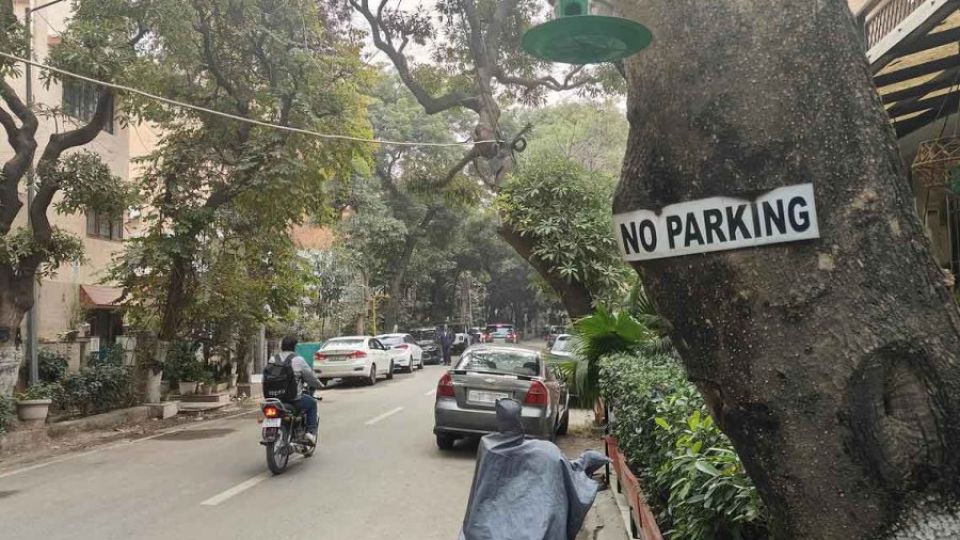NEW DELHI (ANN/THE STRAITS TIMES) – Private tutor Dahlia Sen Joshi, who frequently commutes in her dependable Renault Kiger across Vasant Kunj, a posh South Delhi locality, faces a persistent challenge—finding a parking spot.
Vasant Kunj, characterised by gated compounds and multi-storey apartments, lacks designated parking spaces. Residents park on internal roads and vacant spaces in an informal “first-come-first-serve” system, with many households owning multiple vehicles. This leaves visitors like Mrs. Sen Joshi, 50, struggling to find a spot.
“The aggression over parking has escalated. If you park in someone’s space, even briefly, they might scratch your car, slash your tyres, or break your windows,” she told The Straits Times. She opts to park outside the compounds and walk hundreds of meters to her students’ homes, avoiding confrontations in a city where parking disputes have led to violence.
A growing crisis
Delhi’s parking-related altercations have surged, mirroring trends in other major Indian cities. Rising vehicle ownership, unplanned urban construction without parking provisions, and inadequate parking management have turned parking into a daily battle.
Social media is awash with videos of parking-related fights. In a widely circulated 2023 clip, an elderly man in Delhi attacked another with a stick over a parking dispute. Similar incidents have occurred across cities: a couple in Bengaluru was assaulted in 2024 for parking in an open space, and in Mumbai, a man was beaten to death for parking his scooter outside a shop.
Delhi alone had 7.94 million registered vehicles as of March 2023, with 1,800 new vehicles added daily. “Delhi simply cannot sustain this number of cars,” said Shubham Srivastava, Programme Officer for Sustainable Mobility at the Centre for Science and Environment.
Urban planning shortfalls
Delhi’s rapid population growth has exacerbated parking woes. Its population swelled from 13.85 million in 2001 to over 20 million today, prompting a construction boom. Single-storey homes have been replaced by multi-storey apartments, each housing multiple families with at least one or two vehicles, but no additional parking spaces.

Shiv Kumar Sharma, a finance professional, endured a decade of parking struggles as a tenant in Delhi. His car’s battery was stolen four times when parked on public roads. When he upgraded to a Toyota Camry in 2021, he prioritised renting a house with dedicated parking. “A safe parking spot was my main consideration,” he said.
In 2011, Delhi mandated stilt parking for new buildings, but enforcement has been lax. “It’s time for drastic action,” said Atul Goyal, President of United Residents Joint Action of Delhi, advocating for limiting the number of vehicles per family in the city.
The need for reform
Experts agree that better policies and enforcement are critical. Sonal Shah, Executive Director of the Centre for Sustainable and Equitable Cities, suggests implementing pricing for street parking, including in residential areas, to curb free parking culture.
“We need to remove the idea that public streets are free parking zones,” she said, emphasizing the need for stricter enforcement against encroachments on footpaths and public spaces.
A 2018 proposal to charge residents for roadside parking was shelved due to public backlash. Meanwhile, multi-level car parks in commercial areas remain underdeveloped and poorly maintained.
Ms. Shah also highlighted that prioritising parking over pedestrian and public transport infrastructure is a systemic issue. “Improving enforcement and introducing pricing could shift public behavior and foster sustainable urban development.”






